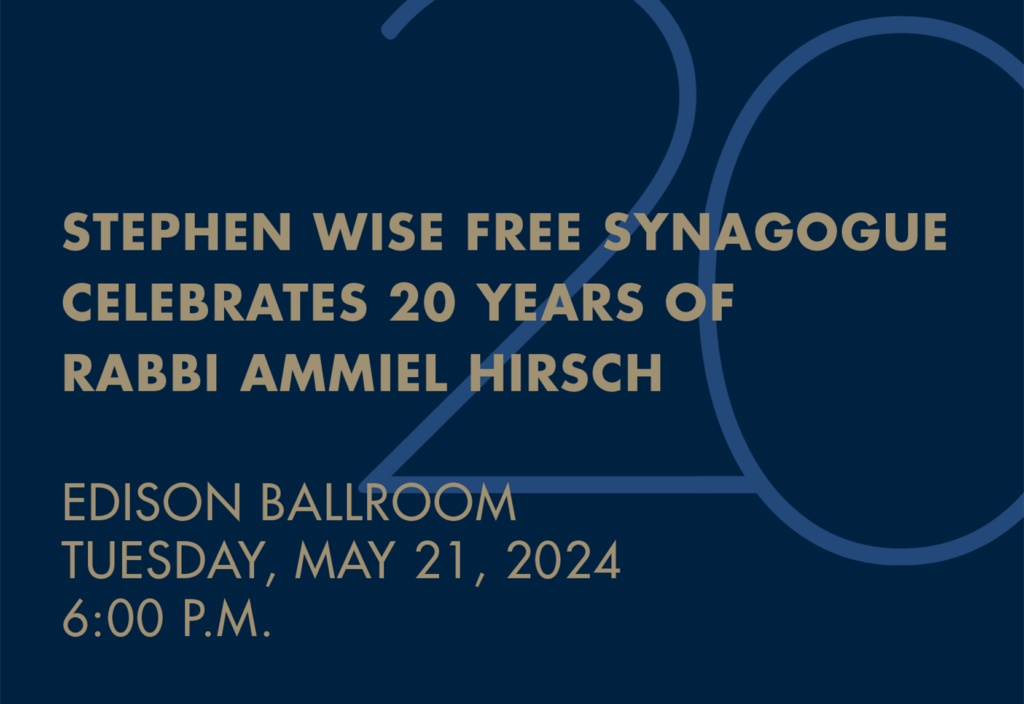Recounting the story of our people’s unlikely endurance, Rabbi Ammi Hirsch reminds us that “a hundred generations of the descendants of Judah Maccabee have transmitted Judaism to you” and asks that, as we light the Hanukkah candles, we make a commitment to Jewish survival for the years to come…
After the ceasefire with Lebanon, cranes have returned to the lush Hula Valley in northern Israel. “In a world more chaotic than ever, it might feel premature to speak of peace and hope,” said Rabbi Tracy Kaplowitz. “Yet, I take inspiration from the cranes— symbols of peace, resilience and strength—now wintering in Israel’s north.” Soon, she and Rabbi Ammi Hirsch will lead the Amplify Israel Rabbinic Fellows as one of the first groups to visit Israel’s northern borders.
In this week’s parashah, Jacob dreams of angels climbing a ladder reaching from earth to heaven, with God promising to return the descendants of Israel to the Land of Israel. Awaking with a jolt, Jacob is struck by the vividness of his dream. “Was it real?” asks Rabbi Ammi Hirsch. “Did God, in fact, communicate with Jacob and promise him everlasting security — or was it just a dream?” While rabbinic tradition cautions that dreams are only “1/60th of prophecy,” Rabbi Hirsch says, “Sometimes, dreams do create reality…”
In this week’s parashah, Esau trades his birthright to Jacob for a bowl of stew. While Jacob technically didn’t do anything wrong, Rabbi Dalia Samansky asks, “Was it the kind thing to do?” Looking forward to a holiday season filled with family — and drama — she explains: “shalom bayit is the concept that there is value in creating and maintaining peace in the home. It means sometimes we should default to kindness, while other times, we need to stand our ground…”
On the Friday before Thanksgiving, Rabbi Samantha Natov invites us to reconsider how we approach gratitude during these challenging times: “We shouldn’t just be thankful for the comforts and joys of life, but also for the less obvious gifts — those that come out of struggle…”
“We’re quick to judge Sarah” — who after finally giving birth to Isaac, insists Abram cast out his concubine Hagar and their son Ishmael — “but Sarah drew the short straw,” argues Rabbi Rena Rifkin. We demonize her for one cruel act “without understanding this moment in the context of her life,” she says. “If we treat others in our world the way we have treated Sarah, then we, like Sarah and Hagar, will forever be pitted against one another…”


